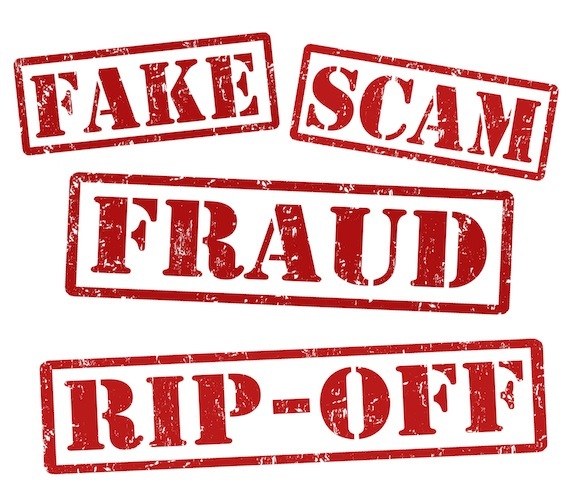AARP Hearing Center

Review these key questions to ask about your solar installation BEFORE signing on the dotted line. The Colorado Solar and Storage Association strongly recommends that every consumer looking to purchase solar and/or storage, solicit bids from at least THREE installers.
“WHAT ACCREDITATIONS DO YOUR SOLAR INSTALLERS HOLD?”
Installers should be “NABCEP Certified”, which is a ‘gold standard’ of certification. NABCEP certified practitioners have met required levels of education and experience, passed a rigorous competency exam, and abide by a strict code of ethics. Many installers will also be licensed electricians.
“WHAT ARE MY UPFRONT AND ONGOING COSTS?”
Do not believe anyone who says you will not ever have an electricity bill again. As long as you are still receiving power from your power lines, you will receive charges from your electric utility.
Certain financing structures may present no up-front costs, but will still have continuing monthly charges.
Third-party financing of solar energy primarily occurs through two models: power purchase agreements (also known as “PPAs”) and solar leases. Both models allow customers to purchase solar with low upfront costs.
In the PPA model, a solar installer/developer builds a solar system on a customer’s property at no cost. The solar energy generated is sold to the customer at a fixed rate, typically lower than the local utility. At the end of the PPA contract term, the property owner can extend the contract and even buy the solar system from the installer/developer.
In the lease model, a customer will sign a contract with an installer/developer and pay for the solar system over a period of years, rather than paying for the power produced. Solar leases can be structured so customers pay no up-front costs, some of the system costs, or purchase the system before the end of the lease term.
If you choose to purchase your system outright, you may have a large upfront cost, but no continuing costs. If you use a home-equity line of credit, consumer loan or other financing options, you may have a monthly payment to pay off that loan. However, at the end of the monthly payments, you’ll own the system outright.
“WHAT INCENTIVES EXIST FOR SOLAR OR ENERGY STORAGE?”
For all Coloradans, in 2022, the Investment Tax Credit (ITC) is a 26% federal tax credit for solar or solar and storage installations on both residential and commercial properties, reducing the tax liability for individuals or businesses that purchase qualifying solar energy technologies.
The ITC will drop to 22% in 2023, and to zero in 2024 for residential solar.
Local incentives may also be available depending on your municipality and utility. Ask your installer about local opportunities.
“WHERE CAN I GET MORE INFORMATION?”
Organizations like the Colorado Solar and Storage Association can provide more information and give consumers peace of mind when choosing a solar professional. You can easily verify an installer’s membership through our Online Directory and feel confident in your choice. Members are vetted through an application and adhere to industry best practices and ethics. COSSA maintains strict policies for dealing with ethical issues.































































